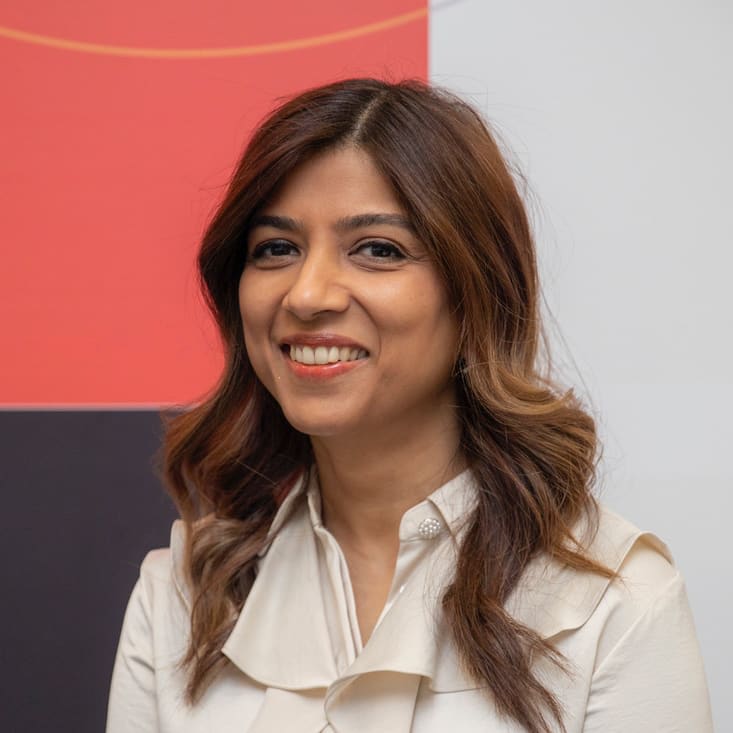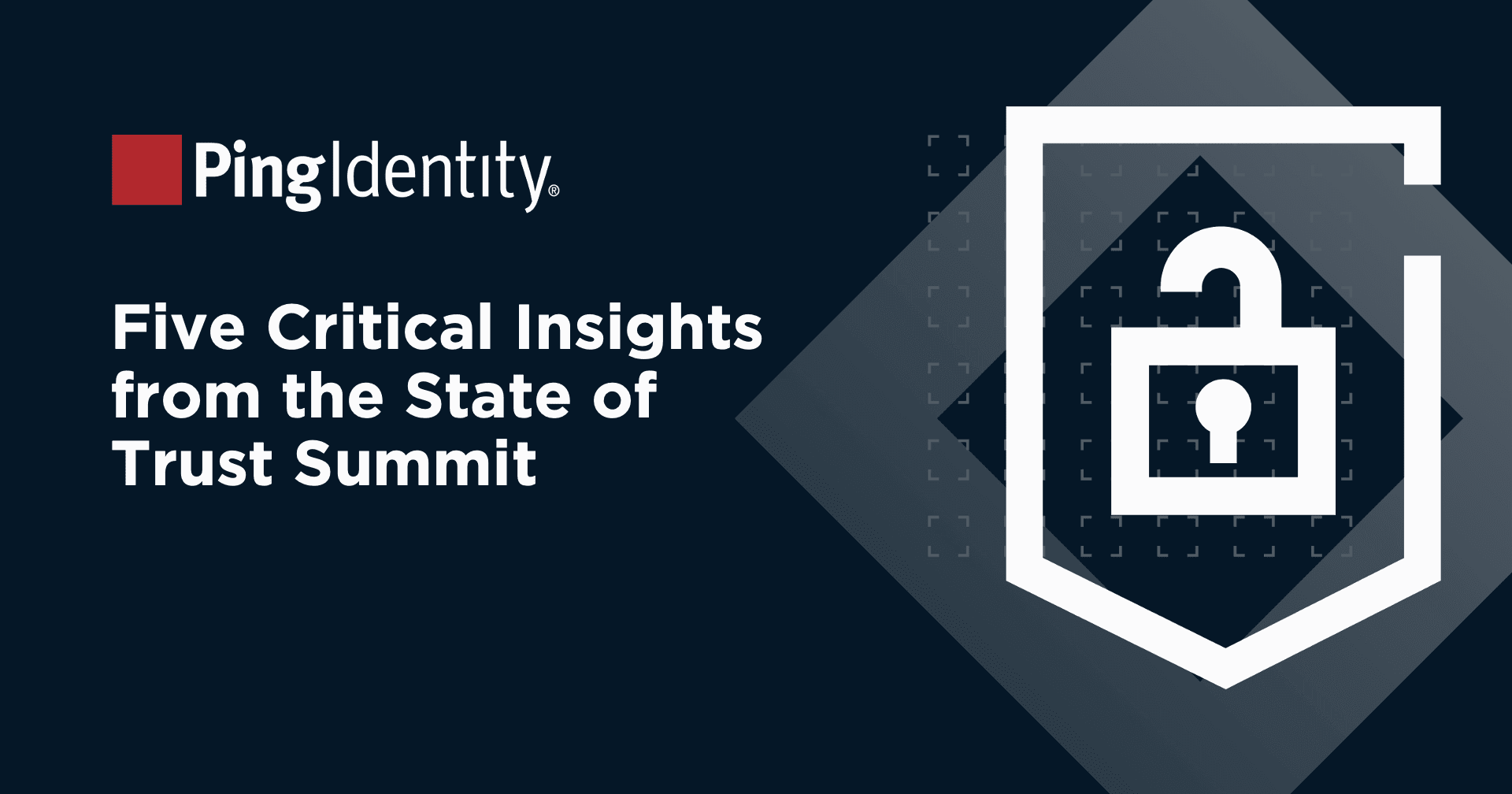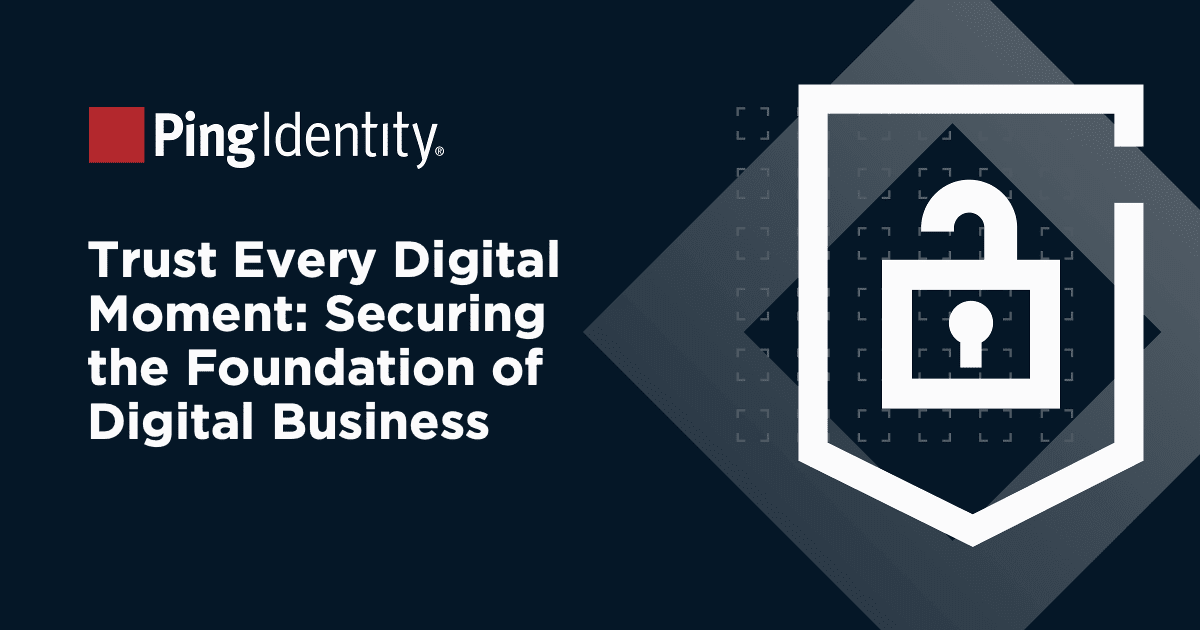During the talk between strong women leaders in the IT space, we uncovered some extremely important themes concerning diversity in the industry.
Representation Matters
One of the most important subjects raised in the YOUniverse panel is the lack of women in leadership roles. To improve diversity, businesses in the identity and IT space must make upward mobility for women a priority. This process often starts with those forward-looking female leaders who have managed to break through established barriers and biases.
To add my personal view, “seeing is believing” for younger generations. In other words, female business leaders must act as advocates and role models for younger generations. Mentorships for young women can help them navigate the pitfalls of the business world so they can learn and improve. In turn, these younger generations can develop personal and professional brands that bring success.
Systemic Barriers
While topics like diversity, equity, and inclusion (DEI) have gained much more relevance in recent years, systemic biases are still deeply ingrained in our culture. As such, organizations in the IT field must actively address these barriers through mentorship programs, sponsorship initiatives, and transparent hiring practices.
In the YOUniverse panel, Ellice Birch highlighted the value of diverse thinking in the workplace. Importantly, Birch explained how people from different backgrounds often find new and creative ways to solve problems. Within her own organization, Ellie has achieved amazing results and accelerated progress by ensuring minority voices are equally heard.
Her programs at Motability directly challenge the idea that “women shouldn’t be in cybersecurity because it’s not for us.” To put their words into action, Motability offers bootcamps, academies, and placements designed to find talented individuals who don’t have the means to attend college. Ellie and her team have found many of these underprivileged people have amazing talent to bring to their cybersecurity team.
Closing the Gender Pay Gap
No matter what country you live and work in, the gender pay gap remains a stark reality. As the Pew Research Center points out, “In 2022, women earned an average of 82% of what men earned.” Advocating for equal pay is not just a moral imperative, it is also a strategic move to harness the full potential of our diverse workforce.
From my years working as a marketing executive in the IT field, I have very strong views on the topic of pay equality. Beyond obvious moral implications, the gender pay gap is also a macroeconomic tragedy. To put this in perspective, if we as a community can balance out the pay gap by the year 2025, it will add an astounding $12 trillion dollars to the global economy. Amazingly, this sum is equivalent to 10% of the global GDP or 72x the total annual revenue for the entire cybersecurity industry!
Transparent Hiring Processes
Ingrained biases and outdated interview methods also contribute to a lack of diversity in the identity and IT space. If minority candidates are not hired due to biases unrelated to workplace performance, how can we ever expect to have an inclusive culture in the industry? We must revise our hiring practices to focus on relevant skills, while also weeding out biased thinking on the part of interviewers.
To promote transparency in hiring at Inchcape, Tammy Archer devised a unique talent program that encourages women to return to work. The program helps women rehone their job skills, while also improving their chances for upward mobility. What Tammy has realized is that many women are reluctant to apply for advertised jobs due to the hiring criteria. The team at Inchcape is changing the recruitment process by focusing on new opportunities and possibilities for development and moving away from the language of criteria.
Amplifying Voices
As troubling as it might sound, it's a sad fact that many minority workers simply don’t have a voice in the workplace. Those of us who have successfully bridged the gap to high-level positions should help amplify the voices of women in our industry.
In the YOUniverse panel, Tricia Stinton from Capgemini highlighted the fact that the marketing field often appears to be female-dominated. But as she has risen to a CMO role, Tricia has found that her peers are overwhelmingly male. While it might seem that marketing jobs offer gender balance and equality, the senior-level picture is very skewed - the same applies to equality and diversity.
It can’t be denied that change comes from the top. Organizations with boards and senior management teams that publicly commit to gender equality can create a transformative culture. As Tricia said, an open statement of commitment means “there is no hiding place” for inequality. Tricia also reported that companies competing for top talent would do well to design working conditions that are compatible with family life.


